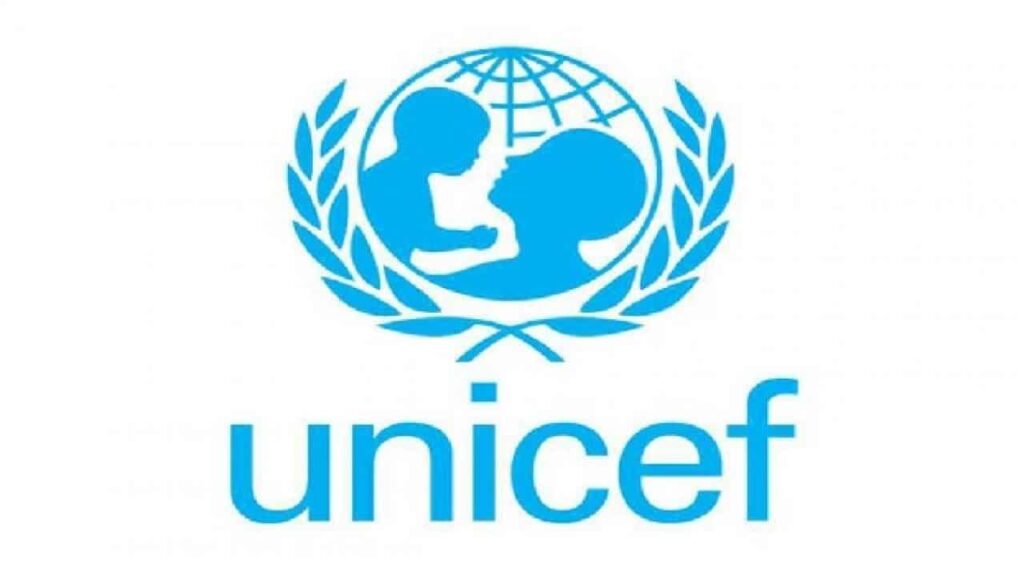
A call has been made by the United Nations Children’s Fund, UNICEF, urging families, schools, and other stakeholders to provide assistance to teenage girls who had to leave school due to pregnancy issues in order to help them finish their education.
During a two-day stakeholders meeting in Ibadan, UNICEF Education Specialist Azuka Mentiki delivered this appeal.
The meeting focused on addressing the “Out-Of-School Children (OOSC) and model for Retention, Transition, and Completion (RTC)” specifically in the Southwest region of Nigeria.
Attendees included Commissioners, Chairmen of the States Universal Basic Education Board (SUBEB), Civil Society representatives, and religious leaders from Lagos, Ogun, Oyo, Ekiti, Osun, and Ondo states.
Mentiki reported that while 92 percent of adolescents in the Southwest states finish primary school, only 85 percent complete their secondary education.
UNICEF expressed its commitment to addressing such challenges.
The initiative aims to raise awareness and assist states in developing plans and policies to motivate girls to pursue their future despite obstacles.
The UNICEF education specialist emphasized the organization’s dedication to ensuring every child in Nigeria receives free access to quality education, highlighting the importance of stakeholders’ cooperation in achieving this objective.
UNICEF is aiding states in identifying and tackling the root causes of dropout rates among adolescents, particularly those who become pregnant unintentionally in the Southwest zone and other regions of Nigeria.
Mentiki clarified, “Providing this support does not endorse or promote teenage pregnancy. Instead, it demonstrates that becoming pregnant during school years should not halt their career progression; they still have a bright future ahead.”
She added, “UNICEF’s education efforts are primarily focused on three key aspects to ensure RTC, especially for teenagers at risk of leaving or not finishing their education due to pregnancy during secondary school.”
“We are utilizing the system to enhance and broaden access to education while assisting states in establishing high-quality learning opportunities through community structures in collaboration with religious leaders.”
